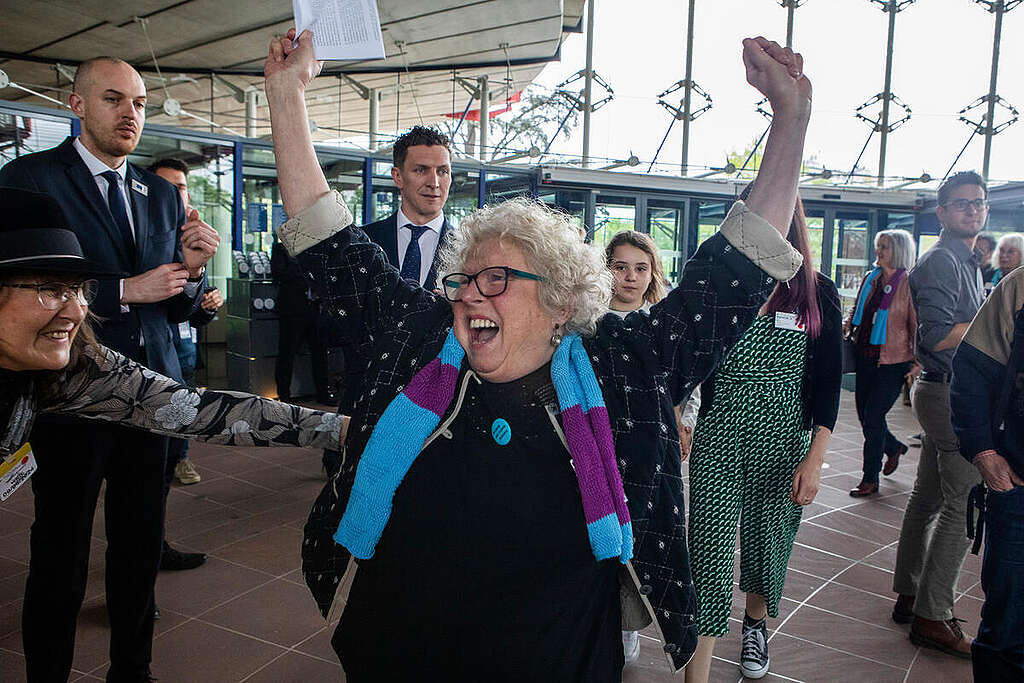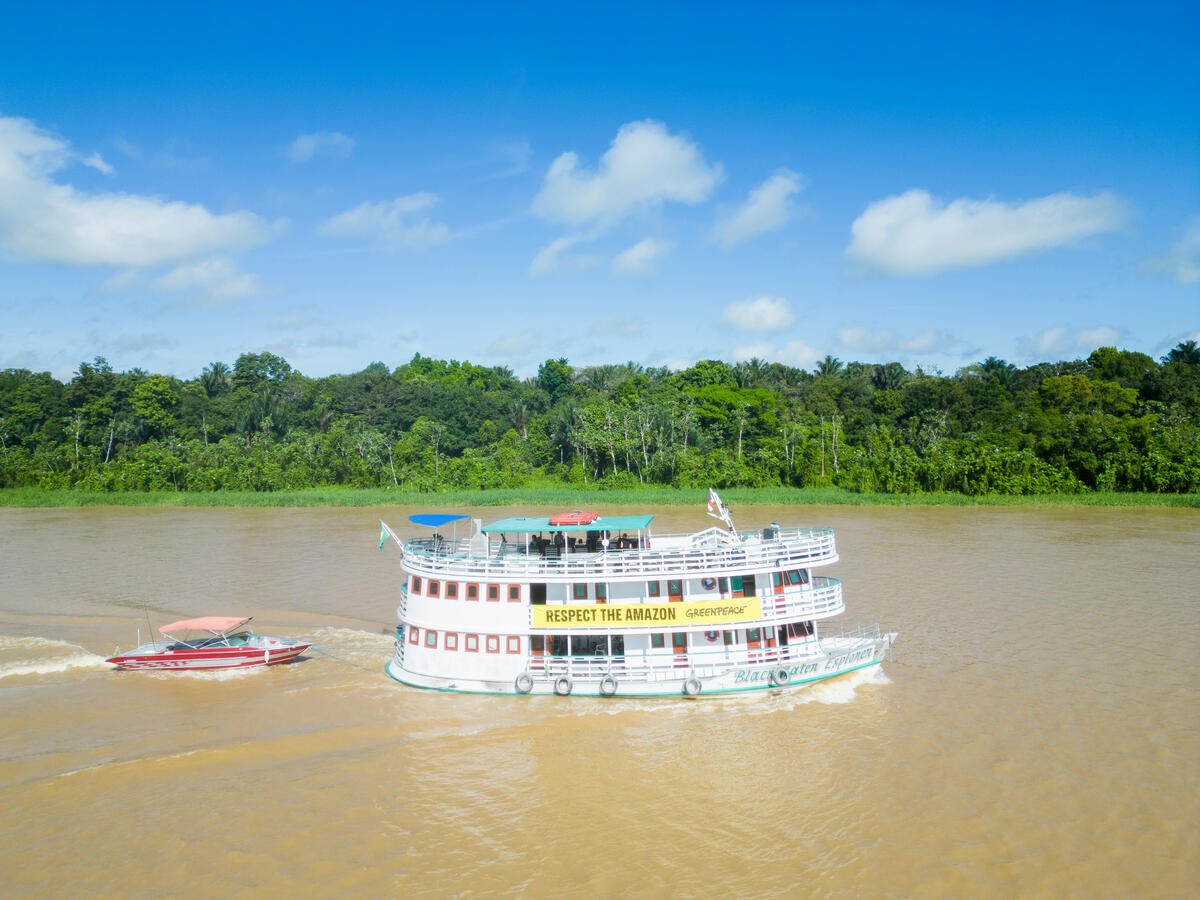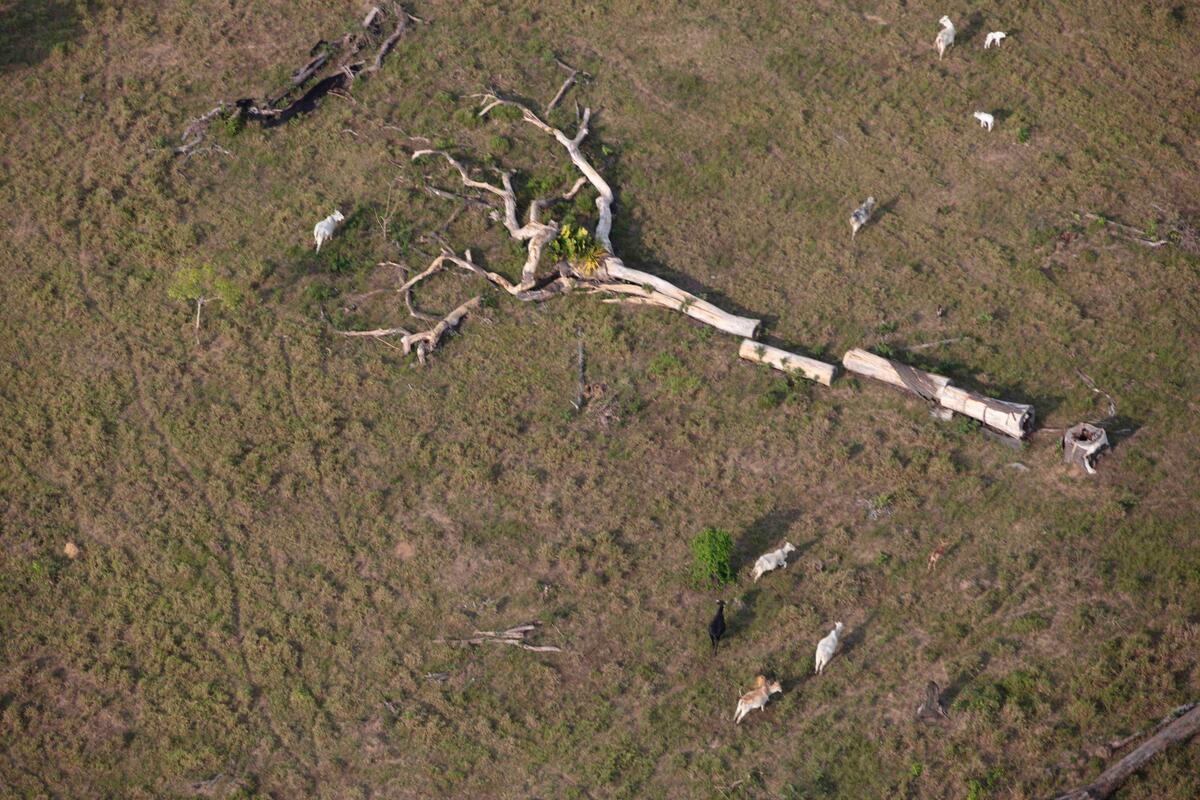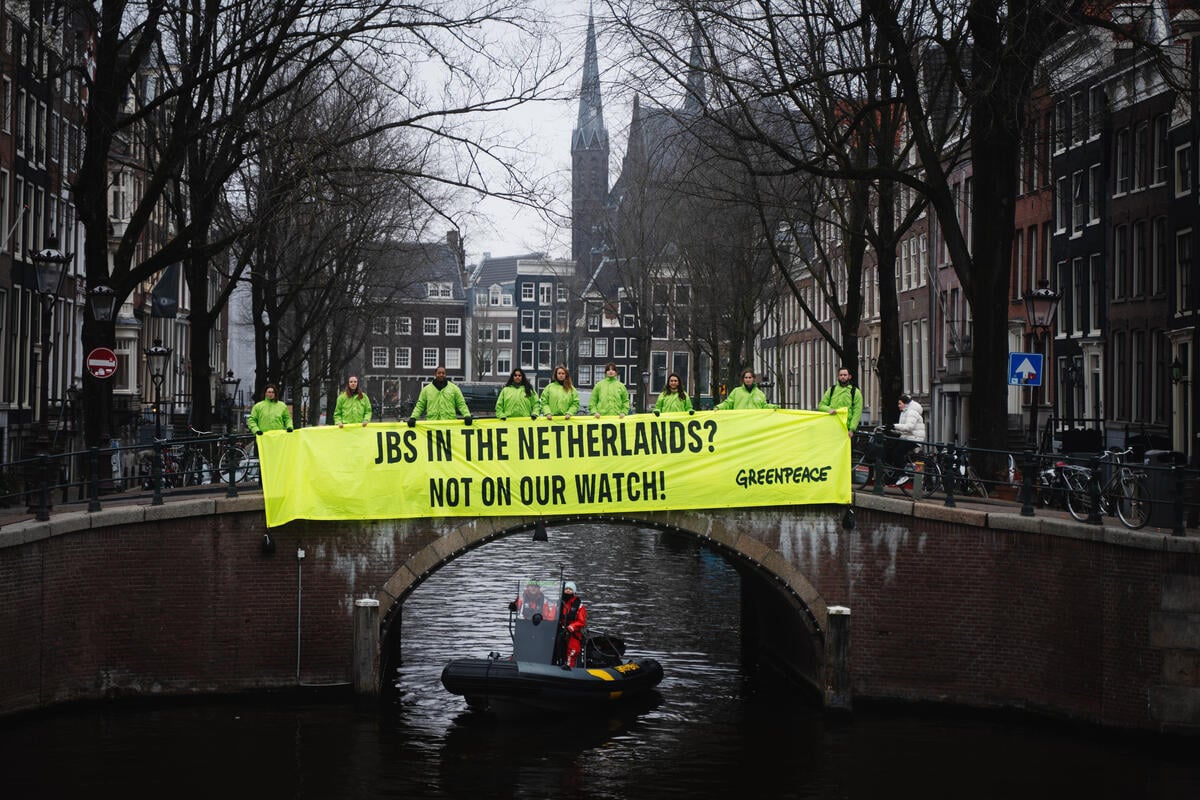We mourn the loss of Homero Gómez and Raúl Hernández, defenders of the Monarch butterfly and their homes. We condemn the violence against the environmental activists in their own home and country.
On the front lines of climate change, environmental activism is costing the protectors their lives.
In less than a week, two butterfly sanctuary workers in Mexico have been found dead. Raúl Hernández was found Saturday morning, only two days after the funeral of Homero Gómez, an activist found dead days earlier. These deaths are seen as part of a global pattern aimed at silencing activists.
Both men worked to protect monarch butterflies’ winter habitat in Mexico: Gómez opened and managed a butterfly sanctuary as part of a strategy to stop illegal logging in the area while Hernández worked as a butterfly tour guide [1]. Michoacan, home to both activists, is also home to the country’s largest monarch butterfly reserve.
Each year, millions of the orange and black insects make the 2000 mile (3220 km) journey from Canada to Mexico to winter in warmer weather. However, climate change linked to weather changes and an ever evolving habitat has brought new challenges.
The illegal logging industry, however, poses the biggest threat – to both the physical sanctuaries and to the world’s largest butterfly migration.
Activists, who have long spoken out against the illegal logging industry, eventually succeeded last year in reducing logging activity around the butterfly sanctuaries in Michoacan but logging license corruption still plagues the area. The defense of the territory, natural resources and biodiversity has made activists victims of persecution, threats and cowardly acts, as evidenced by the taking of their lives.
Targeted killings are a grim reality for environmental activists globally. In Latin America, they happen weekly and recently, in Nicaragua, 6 Indigenous leaders were killed in a Biosphere raid.
This cannot continue to be the case, and it’s time to acknowledge inequality of risk for activists working across the world. Those on the front lines of environmentalism are responding to threats for our future, while managing very real threats in the present.
To the family, friends and fighting partners, we send our solidarity. We demand justice and peace for activists of all causes and we reiterate the urgency of having effective protection mechanisms for the defenders of the land.
Español
Lamentamos la pérdida de Homero Gómez y Raúl Hernández, defensores de la mariposa monarca y sus hogares. Condenamos la violencia contra los activistas ambientales en su propio hogar y país.
En la primera línea del cambio climático, el activismo ambiental le está costando la vida a los protectores.
En menos de una semana, dos trabajadores de santuarios de mariposas en México fueron encontrados muertos. Raúl Hernández fue encontrado sábado, 1 de febrero, por la mañana, solo dos días después del funeral de Homero Gómez, un activista encontrado muerto días antes. Estas muertes son ejemplos de global modelo destinado a silenciar a los activistas.
Los dos hombres trabajaron para proteger el hábitat invernal de las mariposas monarcas en México: Gómez estableció y administró un santuario de mariposas como parte de una estrategia para detener la tala ilegal en el área, mientras que Hernández trabajó como guía turístico de mariposas [1]. Michoacán, hogar de ambos activistas, también la mayor reserva de mariposas monarcas del país.
Cada año, millones de los insectos anaranjados y negros hacen el viaje de 2000 millas (3220 km) de Canadá a México para pasar el invierno en climas más cálidos. Aún, cambios de clima y un hábitat en constante evolución ha traído nuevos desafíos.
Sin embargo, la industria de la tala ilegal representa la mayor amenaza, igual al los santuarios físicos y la mayor migración de mariposas del mundo.
Los activistas, quienes han hablado en contra por mucho tiempo de la industria de la tala ilegal, finalmente lograron reducir el año pasado la actividad de tala alrededor de los santuarios de mariposas en Michoacán, pero la corrupción de las licencias de tala todavía afecta al área. La defensa del territorio, los recursos naturales y la biodiversidad ha convertido a los activistas en víctimas de persecución, amenazas y actos cobardes.
Los asesinatos selectivos son una realidad sombría para los activistas ambientales a nivel mundial. En América Latina, ocurren semanalmente y recientemente, en Nicaragua, 6 líderes indígenas fueron asesinados en una redada en la Biosfera.
Este no puede seguir siendo el caso, y es hora de reconocer la desigualdad de riesgo para los activistas que trabajan en todo el mundo. Aquellos en la primera línea del ambientalismo están respondiendo a las amenazas para nuestro futuro, mientras manejan amenazas muy reales en el presente.
A la familia, amigos y compañeros de combate, enviamos nuestra solidaridad. Exigimos justicia y paz para los activistas de todas las causas y reiteramos la urgencia de contar con mecanismos efectivos de protección para los defensores de la tierra.
Statement from Greenpeace Mexico (Español)
1. https://www.bbc.com/news/world-latin-america-51356265?ocid=socialflow_twitter

It’s time for all of us to assert our rights, demand climate justice, and a dignified way of life.
Take action


